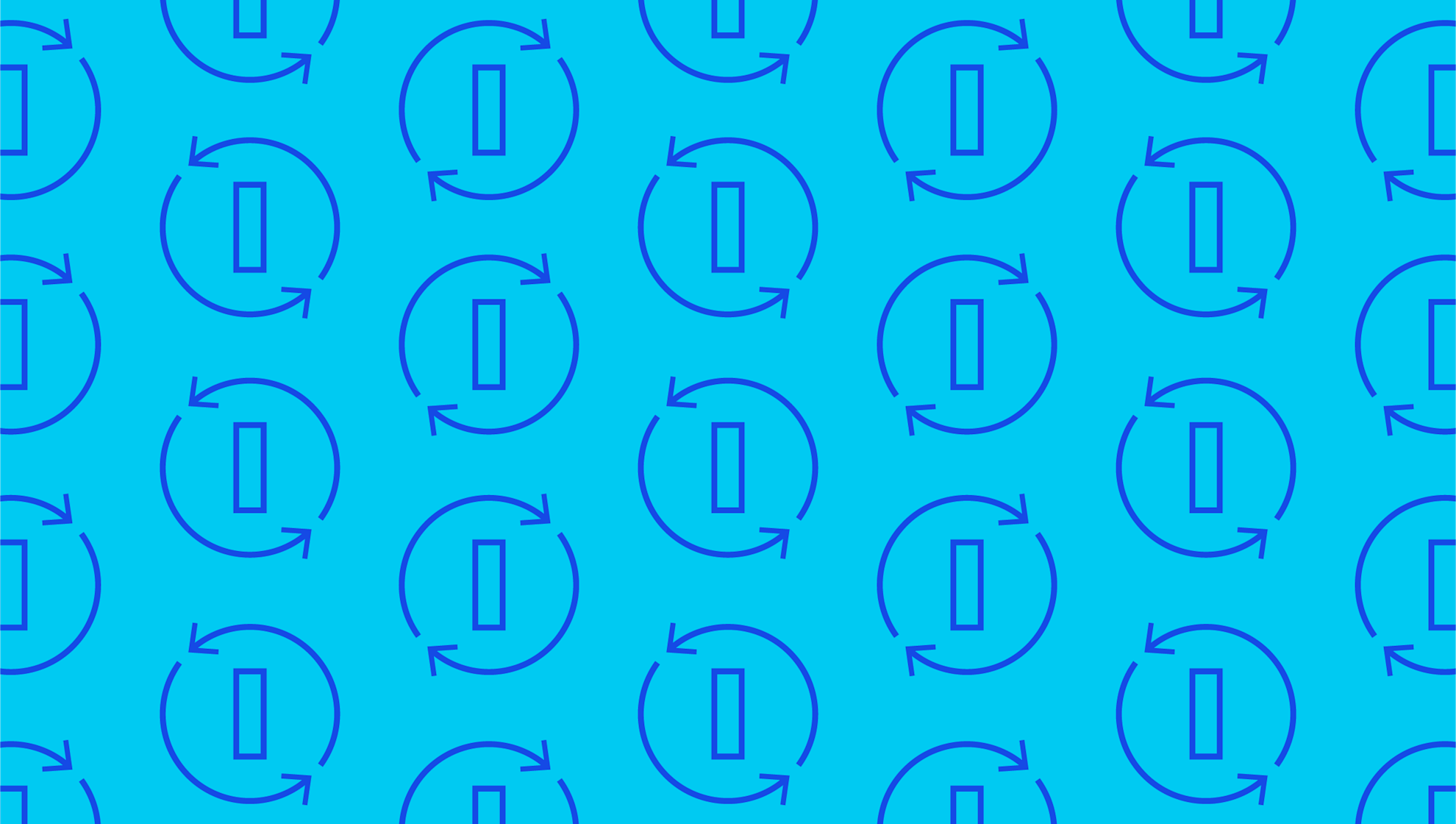
What Does Direct Debit Dishonour Mean?
Last editedJan 20232 min read
Direct debit payments offer a convenient way for businesses to get paid, especially when it comes to taking recurring payments for subscriptions and other services. Customers don’t need to worry about setting up a new payment for each bill, and businesses save time and money chasing up on late payments. However, no payment is foolproof. When these payments fail, you might be charged with a direct debit dishonour fee. We’ll cover the meaning of direct debit dishonour in this guide so that you are better equipped to handle them.
What does direct debit dishonour mean?
A direct debit dishonour means that a customer couldn’t make a scheduled payment at the prearranged time. These payment failures are far less common than with other payment methods like credit cards, but there are some circumstances when a direct debit doesn’t go through. When this happens, the bank charges a direct debit dishonour fee. Some businesses will pay the fee on behalf of their customers, while others will pass on the charges.
What causes a direct debit dishonour?
In most cases, a direct debit dishonour is due to insufficient funds. Imagine that a customer has a direct debit set up to pay $50 on the 15th of every month to pay for a subscription. If they only have $20 in their account that day with no overdraft facility, the direct debit won’t go through, and a direct debit dishonour fee is charged.
There are several other reasons why direct debit dishonours can happen:
The direct debit authority is unauthorised with the payer’s bank
The payer has closed their bank account
The payer cancelled the direct debit without informing you
The account was merged with another bank account
The account number has changed
The transaction limit has been exceeded
Direct debit dishonours don’t always show up straight away. Merchants might not notice anything is amiss until two days after the transaction has been processed. After this time, it shows up in your transaction history under direct debit dishonour. In addition to the fee, you will not have received any customer payment – which can cause problems with cash flow.
How much is a direct debit dishonour fee?
While direct debit payment failure is lower on average than credit card failure rates, it still can happen for the reasons mentioned above. When it does, your customer will be charged a direct debit dishonour fee. In Australia, this can cost anywhere between $10 and $35 depending on the bank.
Not only does a failed payment make it difficult for your business to get paid and manage cash flow, but this is also frustrating to customers. The result can be a higher churn rate, as customers decide to give up on the payment and try another service. Some businesses will pay the fee on the customer’s behalf to keep them happy, but this will also eat into your cash flow.
How to deal with direct debit dishonours
While one failed payment won’t be too serious, a series of direct debit dishonours can increase customer churn and reduce cash flow. So, how can you deal with this issue? When a direct debit fails, you should retry the payment again, all while maintaining communication with your customer. Notification gives the customer time to move funds into the account to improve the chances of success.
GoCardless facilitates direct debit payments using Success+ technology. It’s estimated that 11-15% of uncollected funds can turn into bad debt, all of which impacts your bottom line. Success+ automatically collects 70% of failed payments on the day your customers prefer, using intelligent retry technology to create a smoother payment experience.
Automating your payment processes prevents a direct debit dishonour from happening in the first place. When customers are given advance notice of when payment will be taken, they can ensure that there will be enough money to cover the payment. As with most business practices, excellent communication and customer service will always pay off.
We can help
GoCardless is a global payments solution that helps you automate payment collection, cutting down on the amount of financial admin your team needs to deal with. Find out how GoCardless can help you with one-off or recurring payments.
